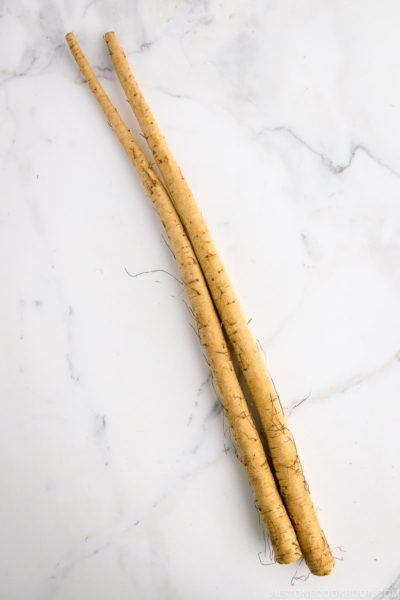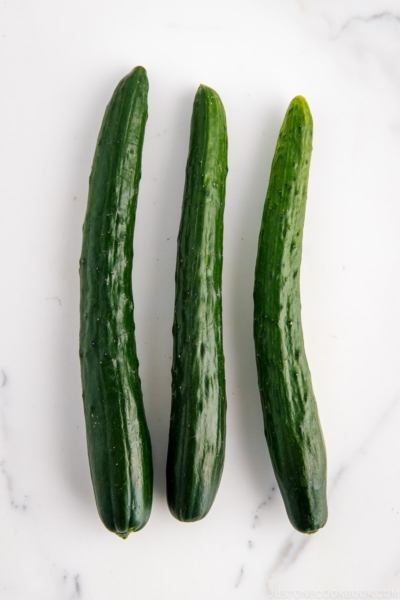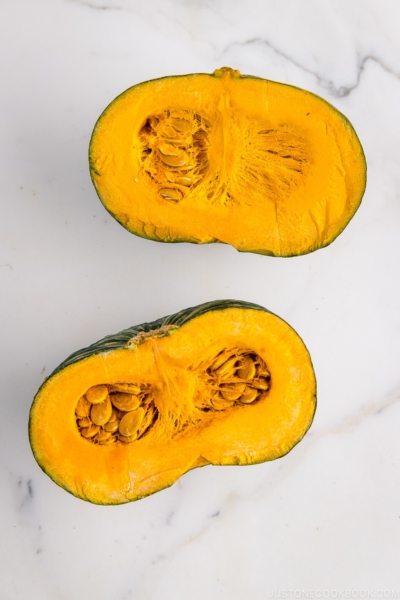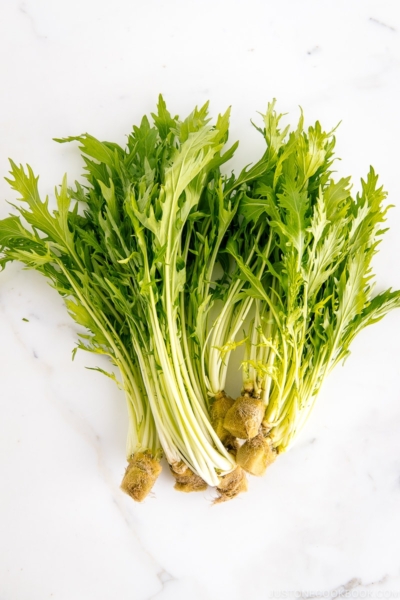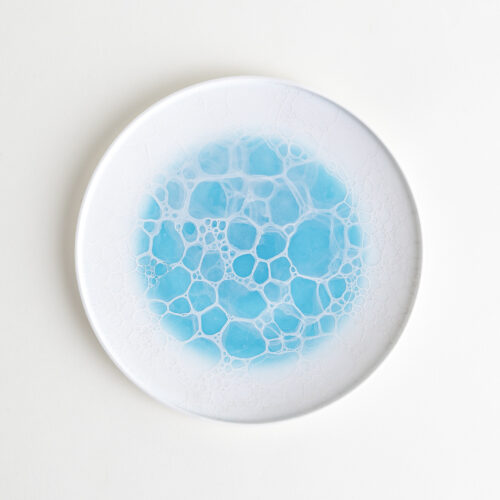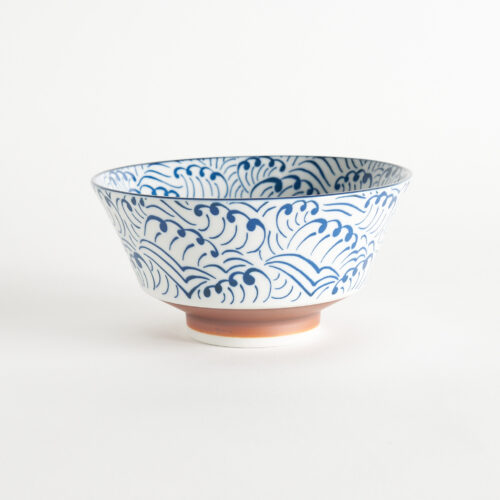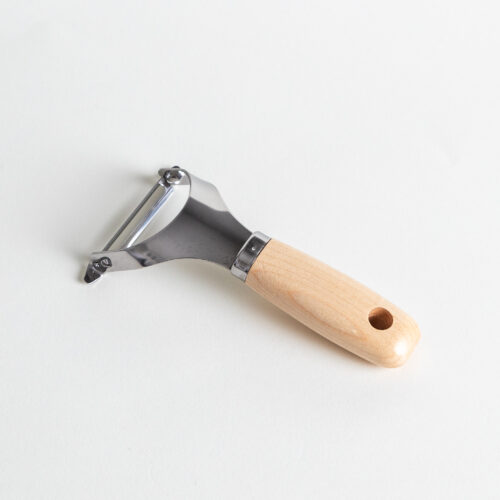Called Moyashi in Japanese, bean sprouts are young sprouted beans used in many cuisines throughout Asia. They are an affordable way of adding bulk and nutrition to a dish.
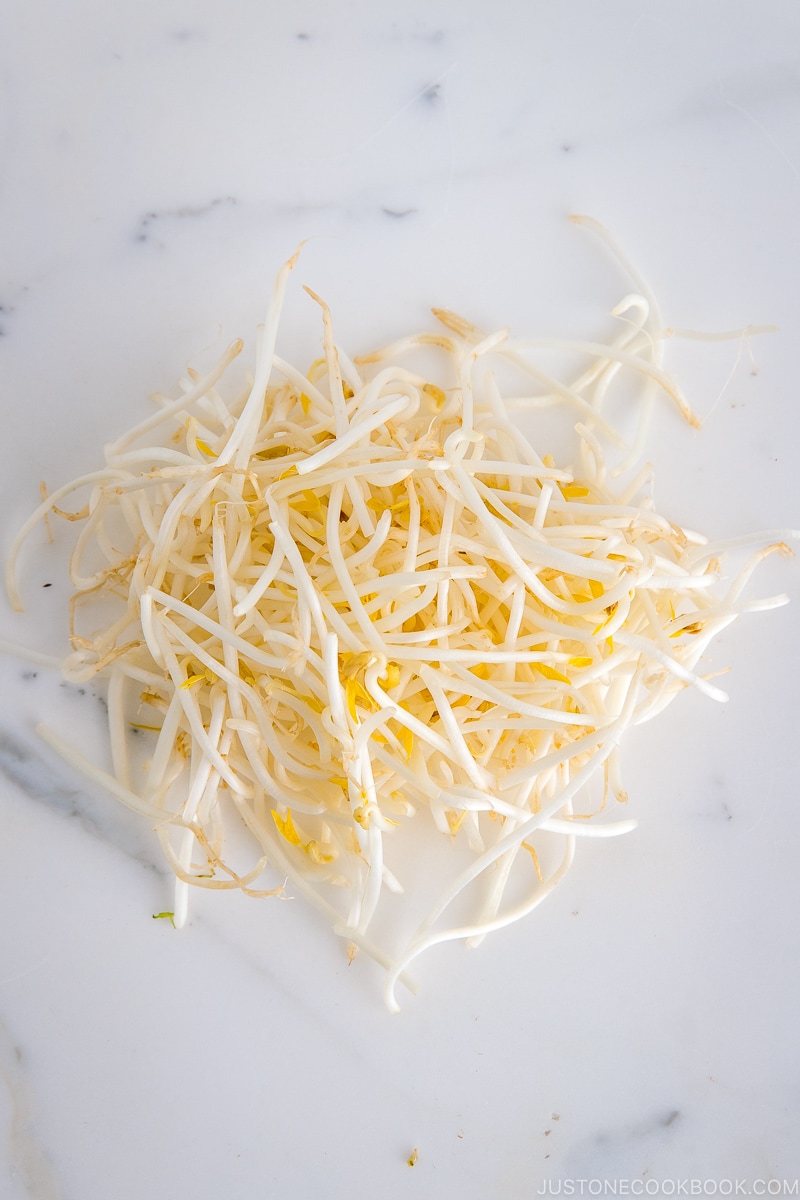
Moyashi (もやし) or bean sprouts are bean seeds that have been watered and germinated to produce thin stalks and leaflets. Although sprouting can come from any bean, mung beans, and soybeans are the most common. Mung bean sprouts are slightly slimmer and have a smaller tip than soybean sprouts.
Table of Contents
What Are Bean Sprouts
Bean sprouts are the sprouts of bean seeds. It’s eaten raw or cooked and enjoyed in many different ways. In Japanese cooking, we love tossing them in salads, ramen, stir-fries, or adding them to okonomiyaki and spring rolls. It contains protein, dietary fiber, and lots of nutritional benefits.
You can even grow it yourself! Fill a jar halfway with clean water and cover it with a screened lid to let it breathe. Let the mung beans soak overnight. Rinse the beans in the morning and drain the water, then add water again and repeat the process. Sprouts should shoot out of the seeds within four to six days.
What Does It Taste Like
It has a refreshing crunch, lightly sweet, and juicy taste due to the high water content.
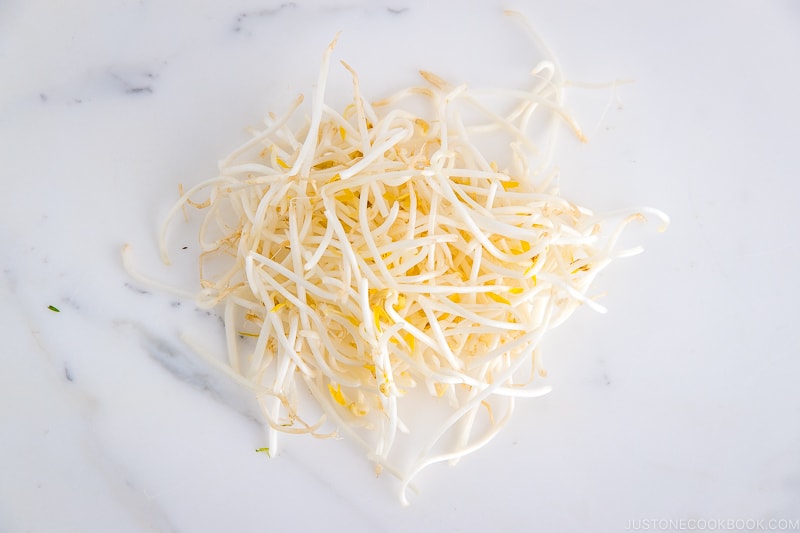
How To Use
There is some concern with bacterial contamination and food poisoning, but proper storage and preparation can minimize the risks. Many health experts warn against eating raw sprouts. To enjoy safely, blanch and drain well in a colander before use.
Recipes Using Bean Sprouts
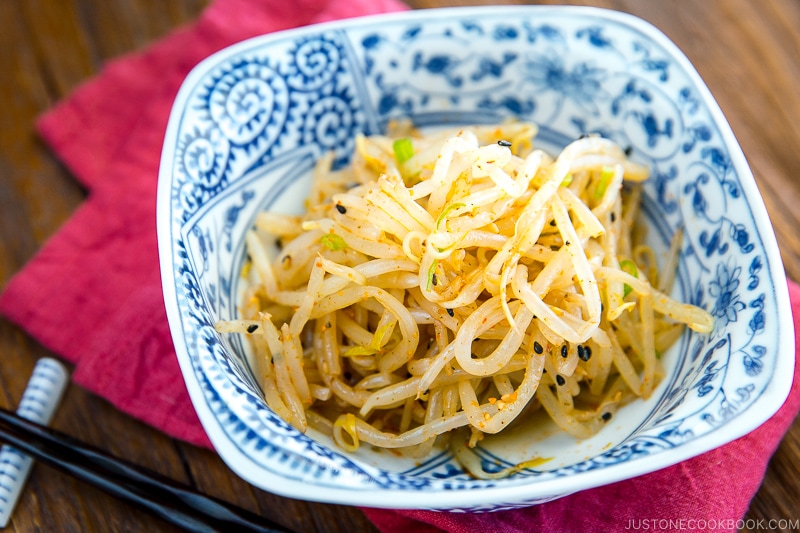
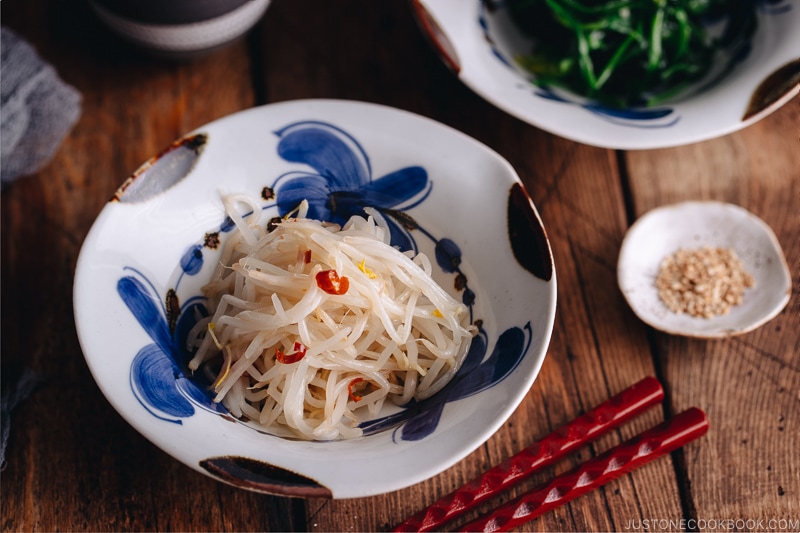
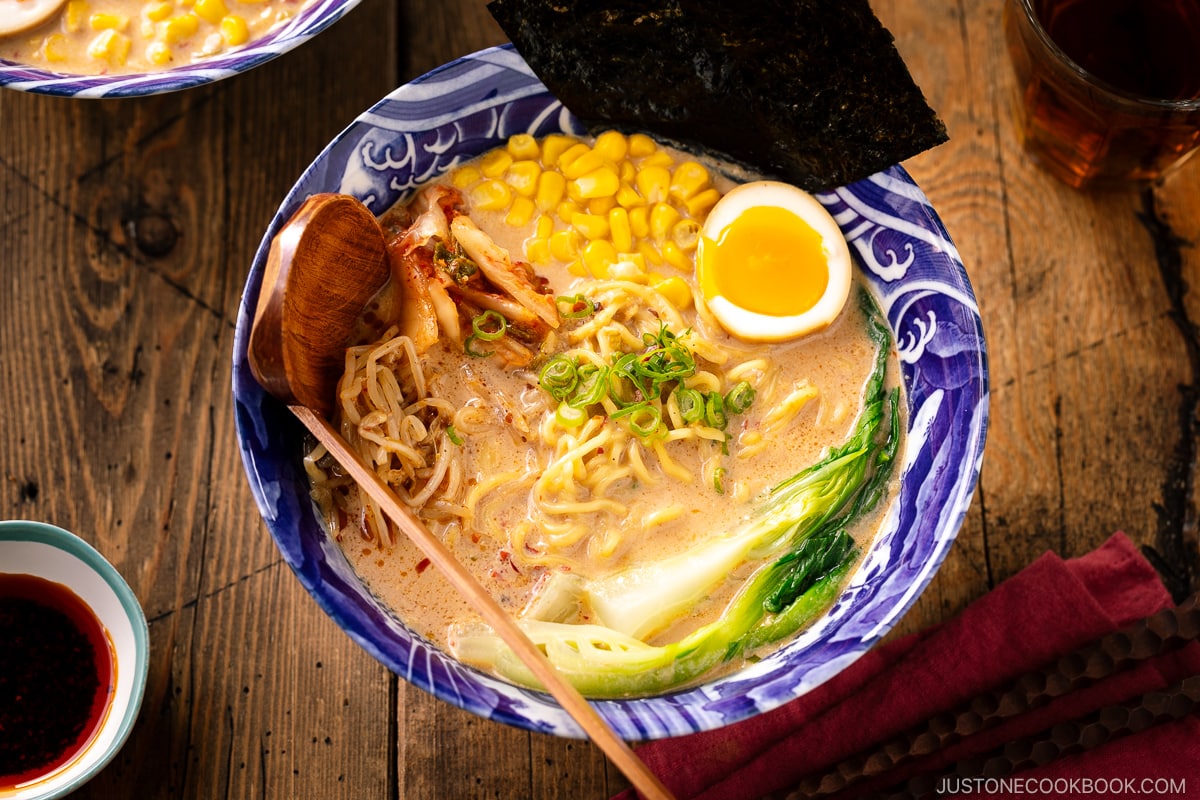
As topping on Vegetarian Ramen

As filling in Okonomiyaki
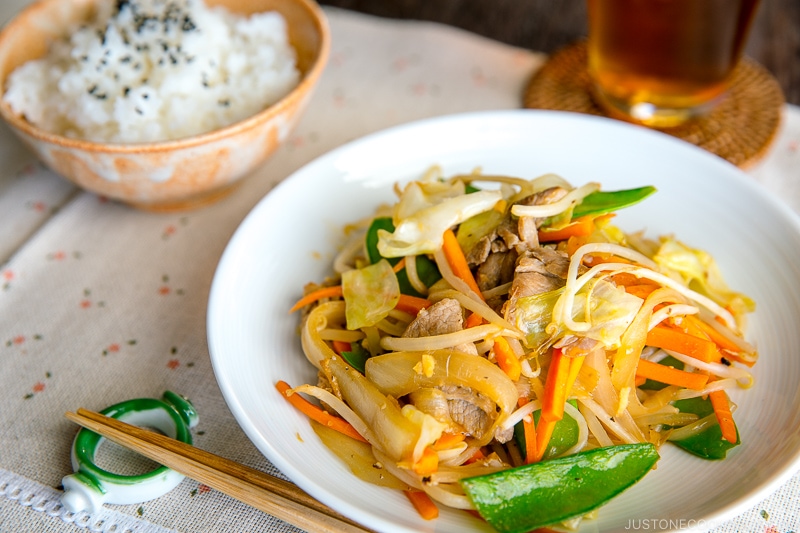
Yasai Itame (Stir-Fried Vegetables)
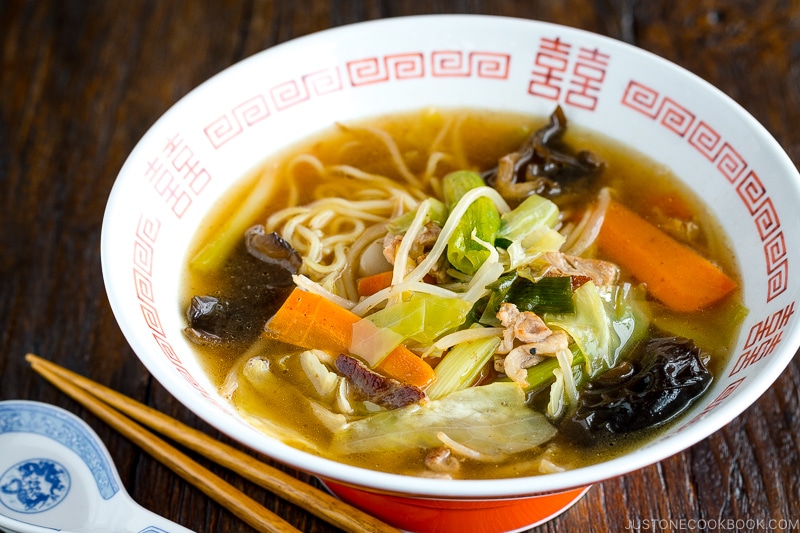
Where to Buy
Aside from Japanese and Asian grocery stores, you can find them at major grocery stores such as Walmart, Whole Foods, or Target.
How To Choose The Best
Look for sprouts that look fresh and free of blemishes or rot. It should have no smell.
How To Store
Bean sprouts spoil quickly, especially in warm and humid environments, so store them in the refrigerator and use them within a few days. Discard them once they start smelling bad or look limp and slimy.
Health Benefits
These delicious sprouts are small but mighty! Lentil sprouts have been known to help improve digestion, promote healthy bones, improve the immune system, aid weight loss, and prevent congenital disabilities. Here are just some of the health benefits.
Low in calories and carbohydrates, high in nutrients and fiber
Bean sprouts are high in fiber and practically fat-free, which makes them a healthy yet filling addition to a meal. These tiny sprouts also have low levels of fat and carbohydrates and no cholesterol and saturated fat. They are also high in vitamin C and iron. Whether you are a vegetarian or vegan, they are a great source of iron.
Great source of folate
They also offer an excellent source of B-vitamin complex, like folate. Folate is known to help the body to produce amino acids, neural tube formation, and red blood cells. Folate is also critical for brain development, making it especially essential for babies and pregnant women.
May help reduce inflammation
Some preliminary studies show that the antioxidants in bean sprouts can have powerful anti-inflammatory effects. It may help prevent and treat some cancers, high blood pressure, and systemic inflammation.
Contains vitamin K and minerals for strong bones
Vitamin K and minerals, such as manganese and zinc in bean sprouts, are essential for maintaining bone density and preventing osteoporosis.
Wish to learn more about Japanese cooking? Sign up for our free newsletter to receive cooking tips & recipe updates! And stay in touch with me on Facebook, Pinterest, YouTube, and Instagram.
